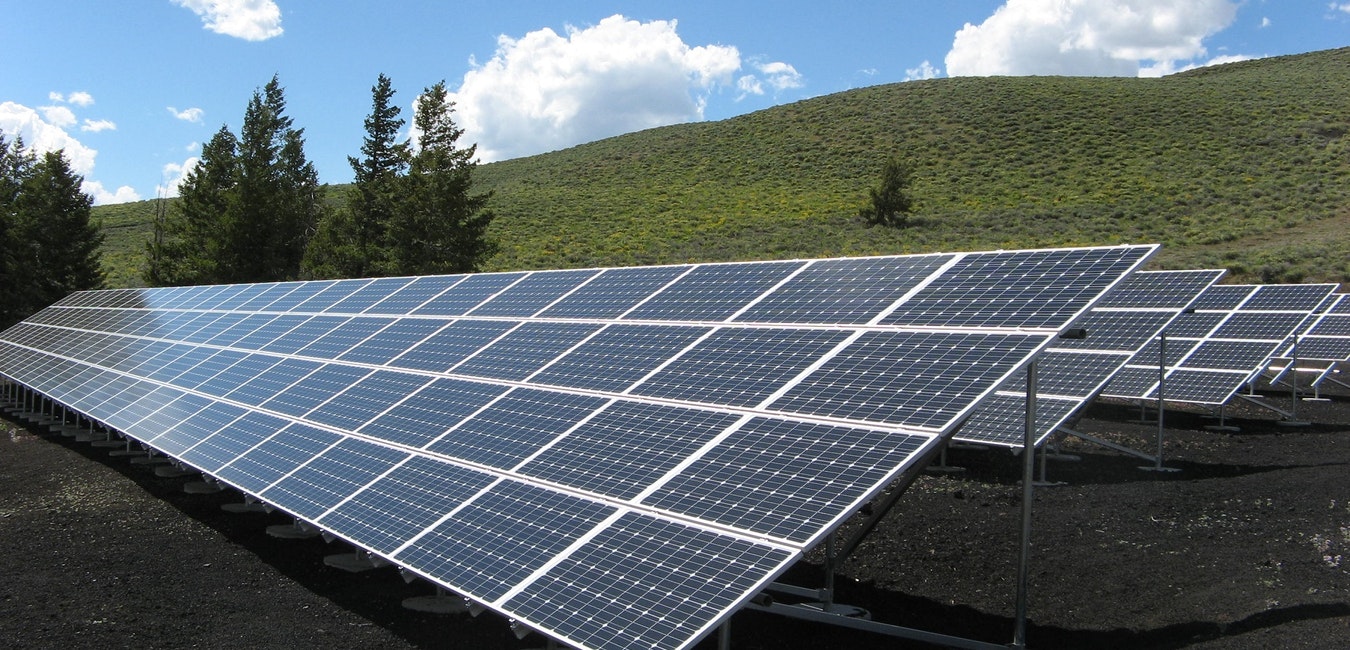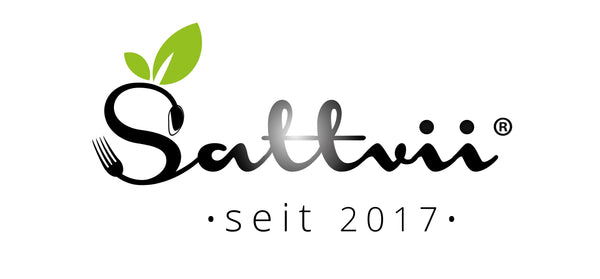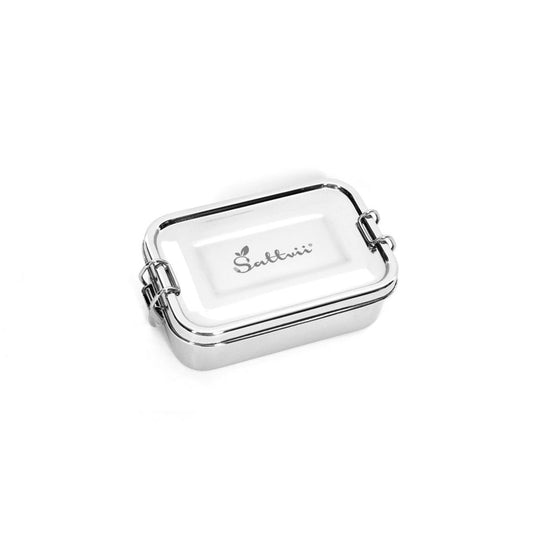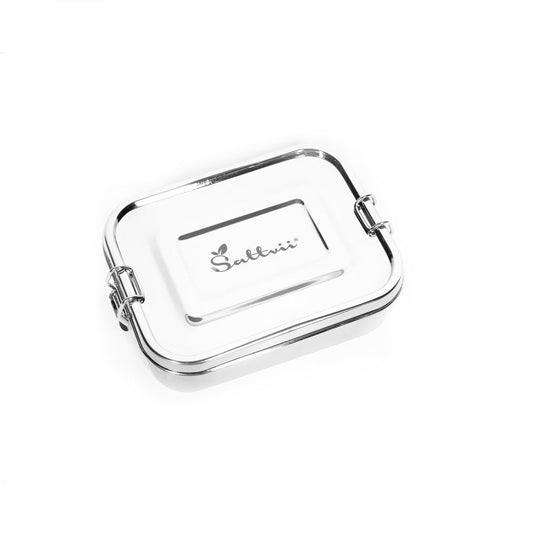
What you can do to be more sustainable in everyday life
shares
You can now live sustainably in all areas of your everyday life. And that's just as well! With the tips in today's blog post, we'll show you how you can gradually get closer to a sustainable lifestyle.
Also interesting:
Living more sustainably with Meal Prep
What does sustainability mean?
Sustainability can be implemented in many ways. Be it in the supermarket, in your free time, traveling around the world, cooking or in your garden: You can make a big difference in terms of sustainability with just small changes.
But what exactly does it mean to adapt your own behavior to sustainability? And what's the best way to do it?
The “three-pillar model” offers a great example to illustrate the topic of sustainability. This model states that there is not just a single dimension when it comes to sustainability, but rather three identical “pillars” that stand side by side. Namely, they are:

The model we just presented to you is mainly used as a guide for companies and states. Of course, you may or can also use these pillars as a guide. For example, to make your everyday life sustainable.
So that you are not overwhelmed, we would like to give you a little help. We give you an overview of how you can best share sustainability in everyday life.

Sustainability in everyday life:
- Shopping
- Household
- Body care
- Wardrobe
- Living
- Garden
- Nutrition
- free time
- Travel
- Finance
According to a study by Utopia “A Question of Attitude” from 2020, more and more people are thinking what ecological or social consequences your (buying) behavior has on the environment. "Less is more" - this well-known saying is particularly important to conscious and mindful consumers.Therefore, the next time you go shopping, think twice if you really need something new Keep the sustainability pyramid just in the back of your mind.
The consumption pyramid shows you how you can shop in the most sustainable way. You can read the model from bottom to top - i.e. the "base" represents the most sustainable way of consuming. The top is the least sustainable. So it makes the most sense to use the things you already own or try to fix things instead of throwing them away right away.
If the repair is useless, just ask if you can borrow something, buy it used, or create it yourself. The final and least sustainable option would be to “buy” something.
So the pyramid serves as a great signpost when it comes to living more sustainably.

Shopping
Regionality
If you shop regionally, you also support the farm around the corner, for example, which supplies you with fresh fruit and vegetables. In addition, you help to avoid long transport routes, which produce climate-damaging CO2.
Where can I actually shop regionally? Weekly markets, farmer's markets, organic supermarkets and farm shops are ideal for this.
Tip for supermarket shopping: Many companies advertise with inscriptions such as "home" or "from the region". Don't let these terms fool you. These are not protected and do not give you any reliable information about the real regionality of the product.
A great seal that you can use for orientation is the Sign of origin regional window.
Seasonality
Squash in spring? strawberries in winter? In the supermarkets of our cities you can usually get many types of fruit and vegetables all year round. But that's not particularly sustainable, because if you want to buy strawberries in winter, they have to be imported first and therefore have to be transported a few kilometers.
Seasonal shopping clearly saves our resources.
This seasonal calendar helps you to find out when which fruit or vegetable is in season.
Shop plastic-free
2017 a study found that all the plastic produced between 1950 and 2015 totaled 8,300 million tons worldwide. And the bad thing is that plastic doesn't just disappear. It remains as microplastic in our environment and above all in the sea.
It is not only the handling of plastic that is harmful to the environment, but also the production of it. Because for this, the fossil fuel oil must first be mined. Petroleum is also a difficult topic, because its use and processing poses many ecological problems.
Being sustainable when shopping therefore also means shopping as plastic-free as possible. The easiest way to do this is, for example, in a so-called unpackaged shop.
If you don't have an unpackaged store near you, that's no problem either.A little tip from us:
- When you next go shopping, take a fabric bag or reusable cans, such as our lunch box made of stainless steel, to the supermarket. This way you can shop comfortably at the fresh food counter without having to waste additional packaging material.

Household
Cleaning
It doesn't always have to be the synthetic glass cleaner from the supermarket. Simple home remedies are usually enough to clean the oven, remove stains or descale the washing machine, for example.
Storage
If you know how to store and store food properly, you have already contributed a lot to the topic of sustainability. For example, you can continue to use stored jars that used to contain pickles to store muesli or nuts.
Are you looking for a sustainable lunch box for your child's kindergarten? Since we at Sattvii are of course fully behind the topic of sustainability with our corporate philosophy, we recommend you in our Shop to stop by. Our lunch boxes for children are completely plastic-free.
Are you looking for a lunch box for your child's school, but are you unsure which one exactly? Feel free to visit our purchasing advisor!
Body care
The potential for sustainability is also there in the bathroom. A lot of things can be easily replaced or made yourself.
It doesn't matter whether it's shampoo or toothpaste. Many of these hygiene products are now available in solid form. Just ask for shampoo bars in the nearest drugstore and you will be surprised how long these products last compared to the conventional plastic products.
We hope that we were able to help you with today's contribution to the topic of sustainability. If you have any further questions contact us at any time!
.



